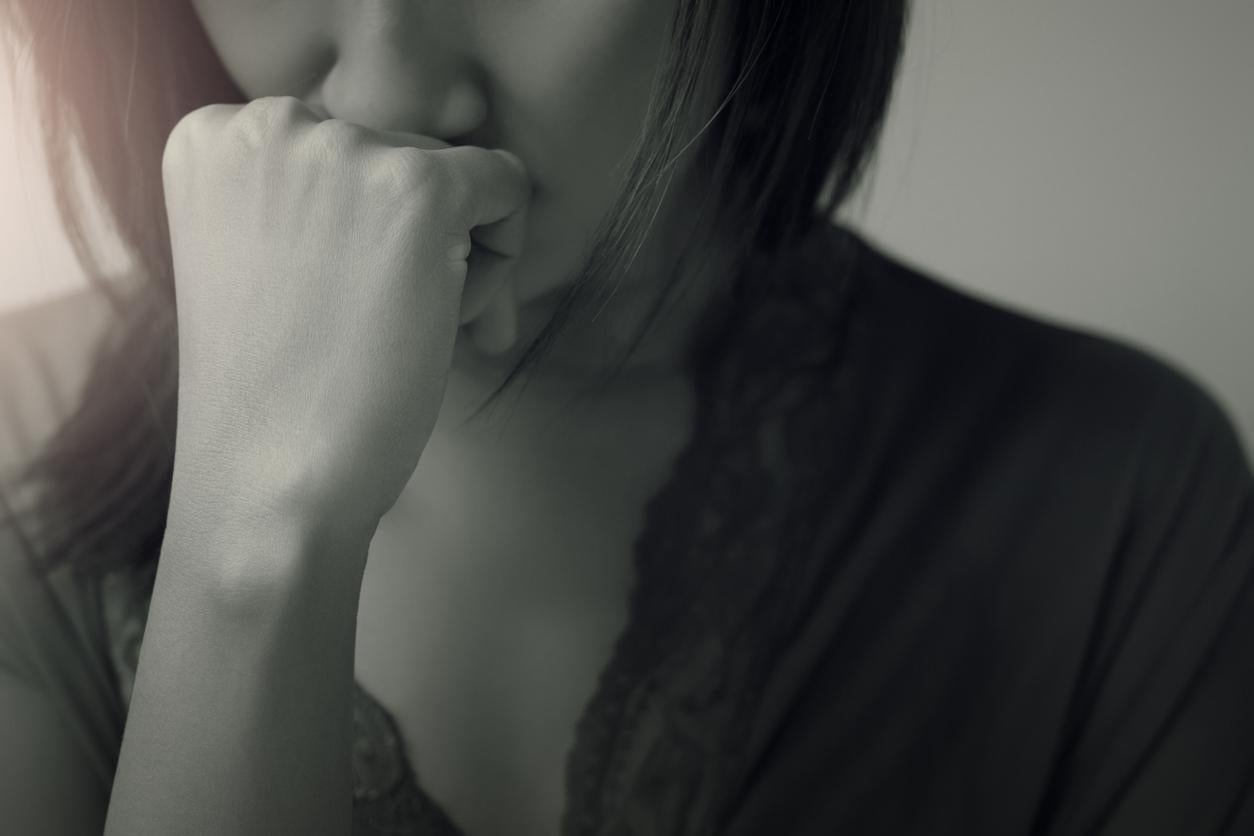The Incest Diary: Author reveals shocking details of abusive relationship with her own father in graphic memoir
Author’s claims that sometimes she seduced her father have caused outrage

Your support helps us to tell the story
From reproductive rights to climate change to Big Tech, The Independent is on the ground when the story is developing. Whether it's investigating the financials of Elon Musk's pro-Trump PAC or producing our latest documentary, 'The A Word', which shines a light on the American women fighting for reproductive rights, we know how important it is to parse out the facts from the messaging.
At such a critical moment in US history, we need reporters on the ground. Your donation allows us to keep sending journalists to speak to both sides of the story.
The Independent is trusted by Americans across the entire political spectrum. And unlike many other quality news outlets, we choose not to lock Americans out of our reporting and analysis with paywalls. We believe quality journalism should be available to everyone, paid for by those who can afford it.
Your support makes all the difference.Described as the most shocking book of the year, an anonymous author has detailed the 18-year abusive and incestuous relationship she had with her father.
The account has sparked controversy over its graphic descriptions of abuse, and especially the writer's claim that she grew to 'like' it.
In The Incest Diary, she writes that her father first abused her when she was three and that the abusive sexual relationship lasted into her twenties. She claims that her mother and other family members were aware of it.
The writer tells of how the abuse was painful and frightening at first. However, the book has provoked debate and concern by the claim that the author grew to enjoy having sex with him and often seduced her own father.
“My father is my secret. That he raped me is my secret,” she writes.
“But the secret under the secret is that sometimes I liked it.
”Sometimes I seduced him.“
Extremely graphic in its description of the sexual abuse she experienced the author recalls being tied up and sometimes cut with a knife.
In one unsettling passage she also says that she became confused as a girl when reading a book showing anatomical drawings. While there were plenty of images of a man and woman having sex, she wondered why there weren’t any of young girls and men.
The account also shows how the author became confused over her feelings about her father as she admits to hating her parents for having sex with each other.
“When I was eight years old, we moved to a new house,”she writes.
”I assumed the master bedroom was for me and my father and that my mother would sleep in one of the other bedrooms.
“I had a count in my head of how many times my parents had sex. This was very important to me.
”I hated them for having sex with each other.“
In the book, the author, who indicates that she grew up in America, also talks about how her father denied doing anything wrong when she confronted him.
”He said that if I was going to persist in my allegations about him having raped me, then I was no longer his daughter.
“He told me that I was dead to him.”
Some critics have suggested that the claims could have been made up but publishers Bloomsbury say they are confident in its validity.
The book’s America editor, Lorin Stein, has been quick to jump to its defence and even taken the unusual step of attaching a note to the text in order to verify its authenticity.
“I have no doubt about her honesty or clarity of mind,” Stein writes.
“We are publishing it because we believe it is a work of art.”
Esther Rantzen, the television presenter who set up the Childline support service, has spoken out about her fears that the book could appeal to “prurient” readers.
In two minds about its publication, Rantzen said, “For many survivors of abuse it is comforting to know about others and that they can survive.
“I can still recall when we set up Childline 30 years ago, one youngster saying, ‘I love my daddy but I hate what he does.’”
"Incest is a particularly sinister and under reported form of child abuse, the abuser is taking advantage of a trusting family relationship and the impact can be particularly severe because of the acute feelings of betrayal and powerlessness experienced by the child," said Jon Brown, head of development at NSPCC.
"Victims often find it extremely difficult to come forward and speak to other family members about the abuse and that is why it is so important to work with children from a young age to enable and encourage them to speak out if they worried or frightened about something that is happening.
"This author is incredibly brave in giving an account of the horrific ordeal that she lived through. Adults who were abused in childhood can speak to the NSPCC's helpline on 0808 800 5000 or young people who are affected by these issues can call Childline on 0800 11 11."
Join our commenting forum
Join thought-provoking conversations, follow other Independent readers and see their replies
Comments